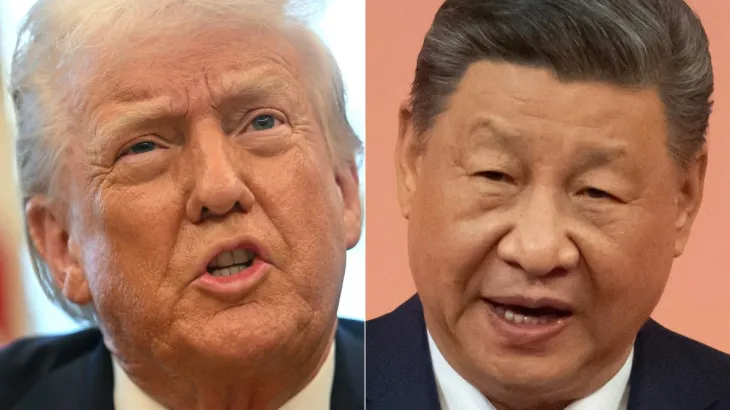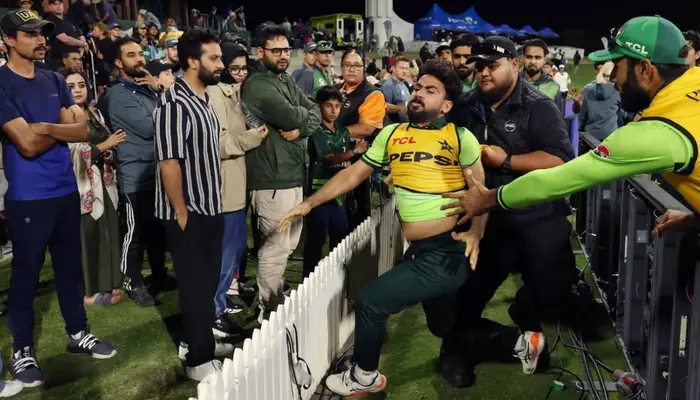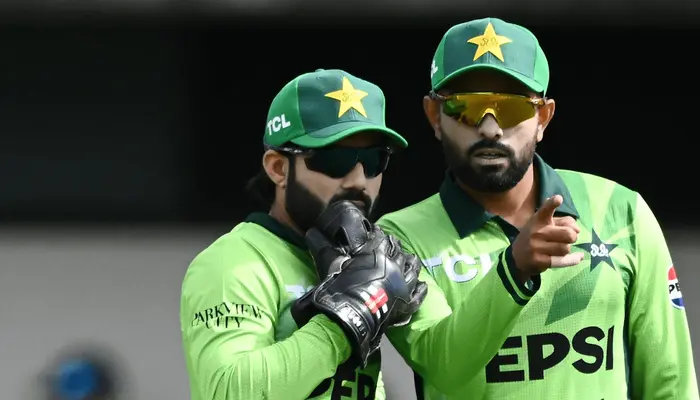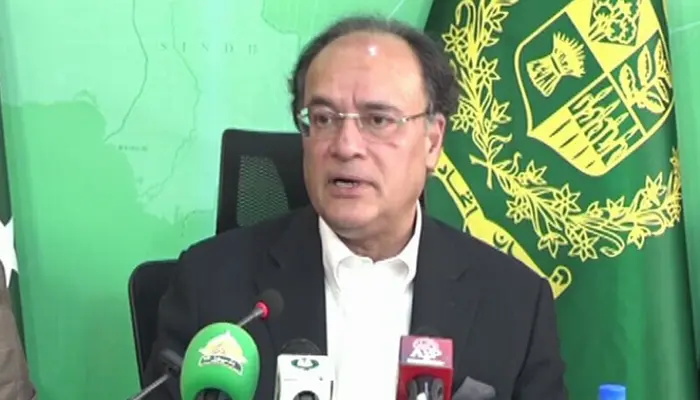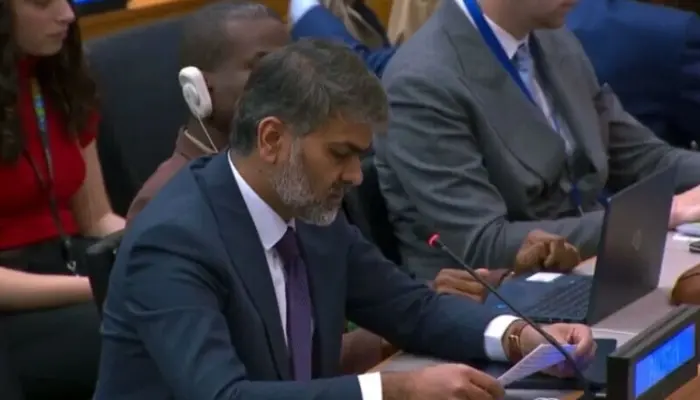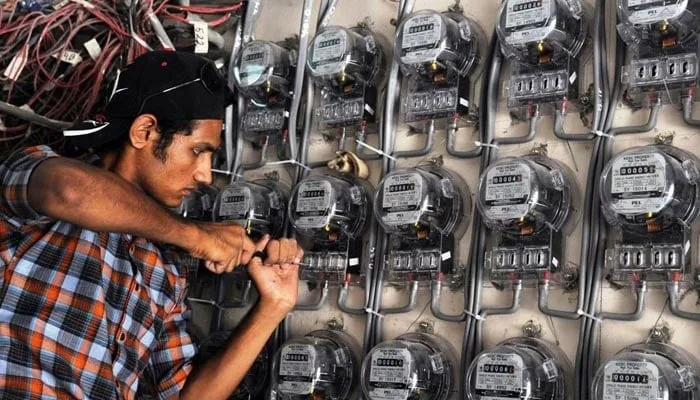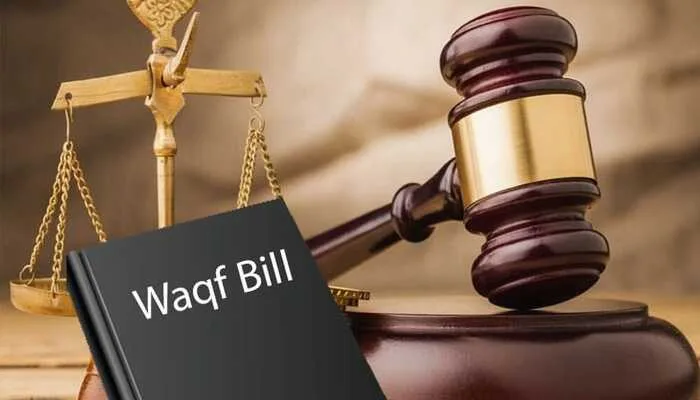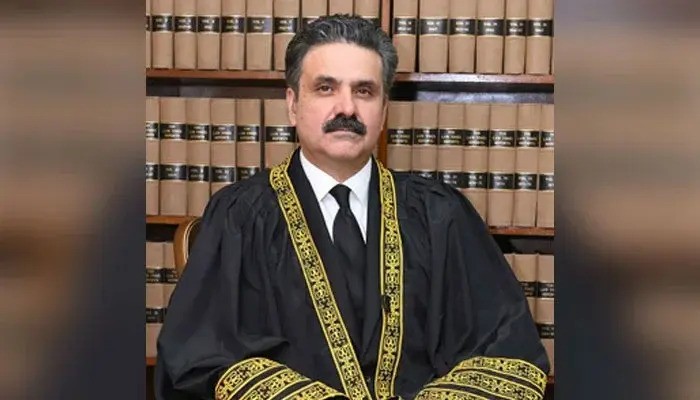
ISLAMABAD: The Supreme Court (SC) has issued a separate note from Justice Yahya Afridi, directing the Election Commission of Pakistan (ECP) to revisit its notification of returned candidates on reserved seats. Justice Afridi’s note emphasizes that a candidate, who declared their representation of a political party, must be declared as such unless they have withdrawn the declaration in writing.
This directive follows a detailed judgment issued by the Supreme Court on July 12, which declared Pakistan Tehreek-e-Insaf (PTI) eligible for reserved seats. The majority ruling, supported by eight judges, favored PTI. However, Chief Justice Qazi Faez Isa and four other judges dissented, raising a differing view.
Key Points from the Judgment
Justice Syed Mansoor Ali Shah authored the 70-page judgment. It rejected the ECP’s earlier decision from March 1, which had denied the Sunni Ittehad Council’s (SIC) plea for reserved seats. The court held that SIC did not meet the legal requirements for contesting reserved seats under the Constitution. Specifically, the party failed to win any general seats and did not submit a list of candidates for the reserved seats.
Justice Afridi noted that the ECP must declare candidates from the party or otherwise within seven days after providing a chance for any affected party to be heard. The court also highlighted that reserved seats for women and non-Muslims must be allocated fairly among deserving parties.
Read: Lt Gen Asim Malik Appointed New DG ISI
SIC Fails to Meet Constitutional Requirements
Justice Afridi dismissed SIC’s plea, explaining that SIC failed to meet the criteria laid out in Articles 51 and 106 of the Constitution. These articles require political parties to contest and win at least one general seat and submit a list of candidates for reserved seats. SIC did not submit the required list of candidates within the prescribed timeframe.
Justice Afridi pointed out that SIC did not field any candidates for national or provincial assemblies and did not win any general seats. Therefore, the party cannot seek to include independent returned members to increase its strength for the allocation of reserved seats. The judge concluded that SIC’s failure to meet legal prerequisites disqualified them from claiming reserved seats.
PTI’s Approach Questioned
Justice Afridi also raised questions about PTI’s approach to the matter. He noted that despite lengthy court hearings, PTI did not initially raise the issue of reserved seats. The party only filed a plea to assist the court as “interveners” without seeking a specific declaration in their favor.
Furthermore, the judge emphasized that issuing a definite finding regarding PTI’s seats would not be legally appropriate. He stated that doing so would invoke the court’s suo motu jurisdiction, which the PTI did not request.
Justice Afridi’s note echoes the dissenting opinion from Justice Jamal Khan Mandokhail and Naeem Akhtar Afghan. The note contrasts with the detailed judgment issued earlier, which argued that procedural technicalities should not prevent the court from protecting democratic rights. The ruling focused on safeguarding the people’s right to choose their representatives, outweighing party-specific technicalities.
The debate over reserved seats continues to be a focal point in the political landscape, with the court’s judgments shaping the future of political representation in Pakistan.
Follow us on Google News, Instagram, YouTube, Facebook, Whats App, and TikTok for latest updates




